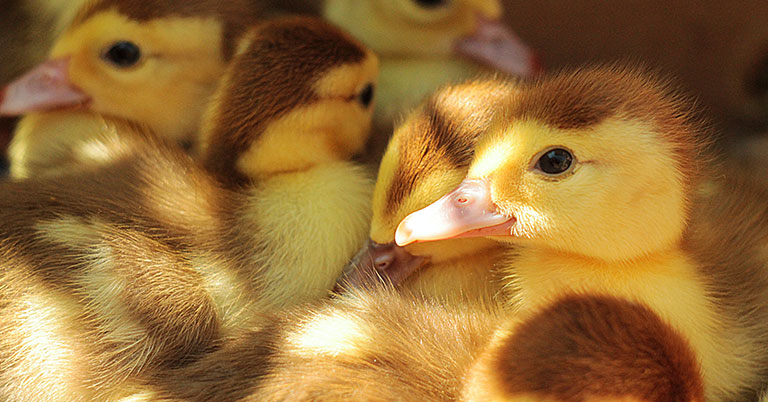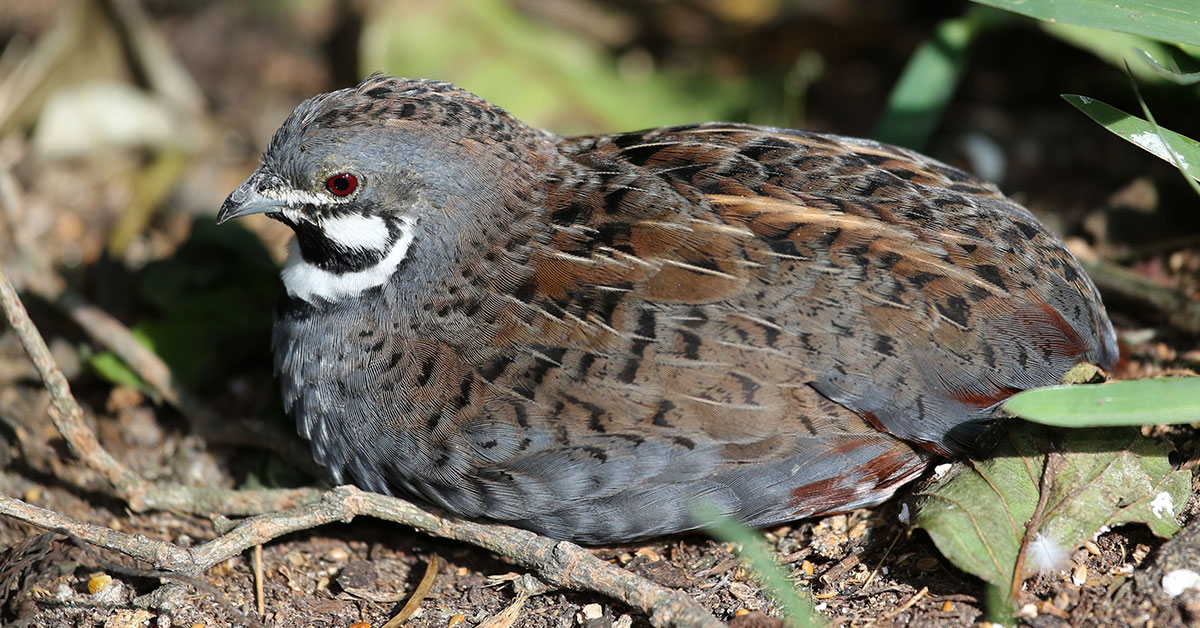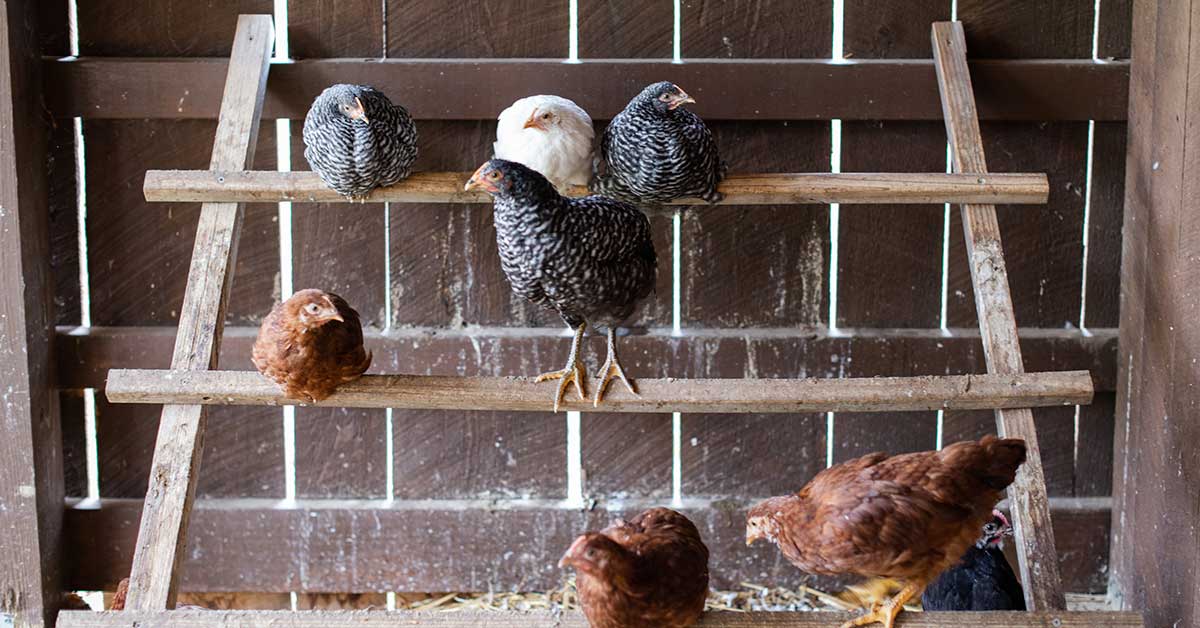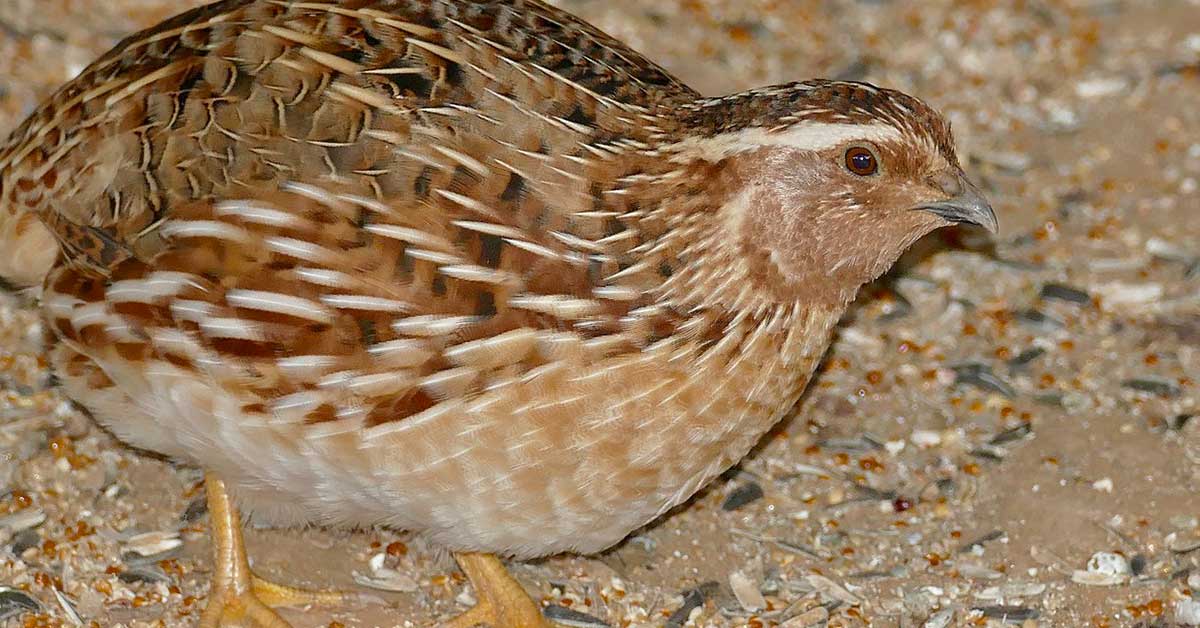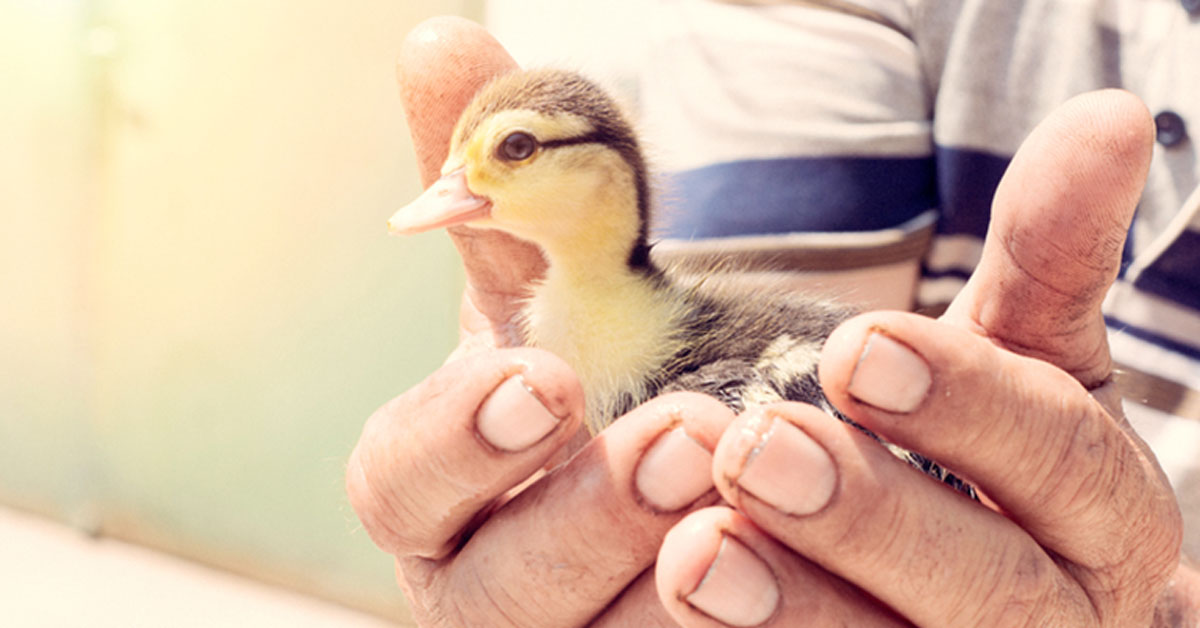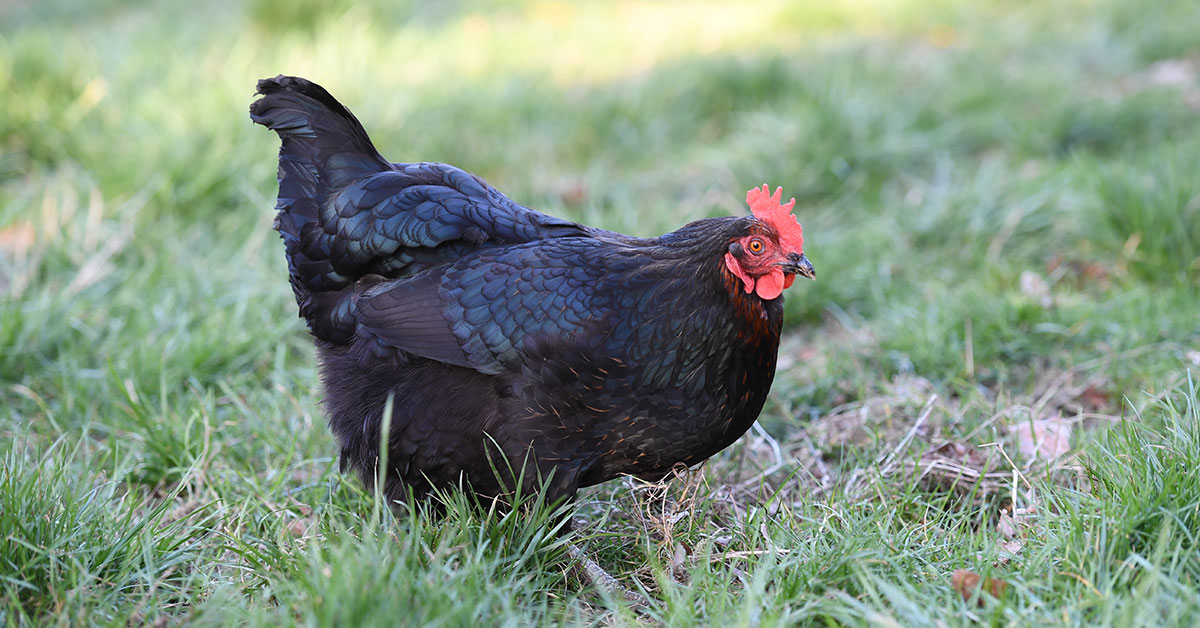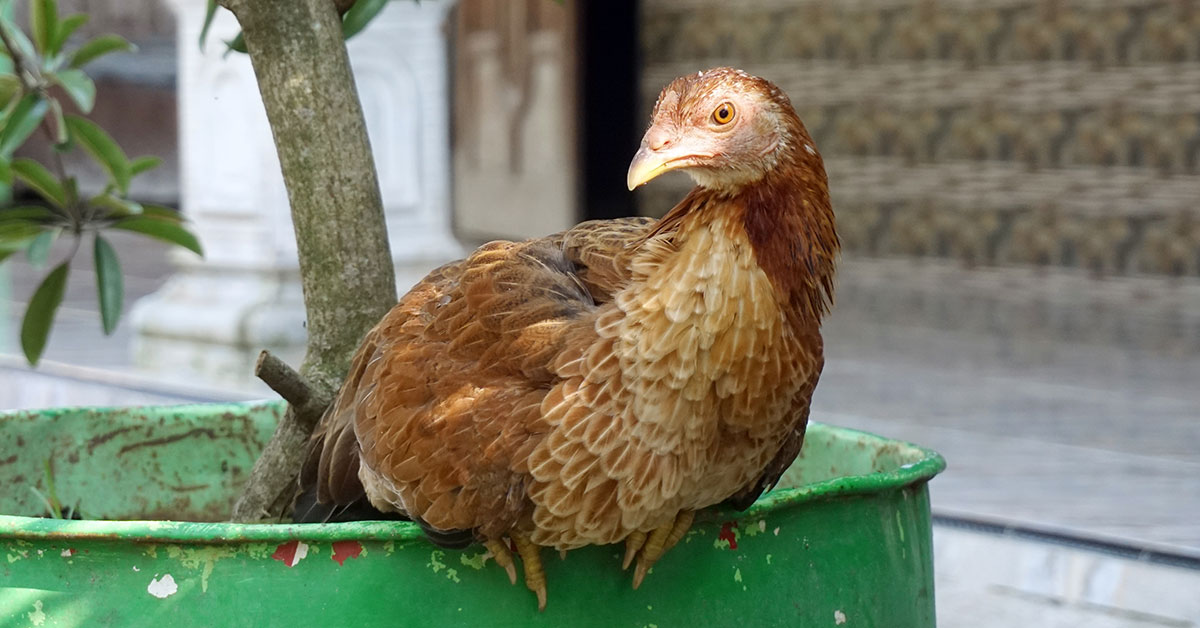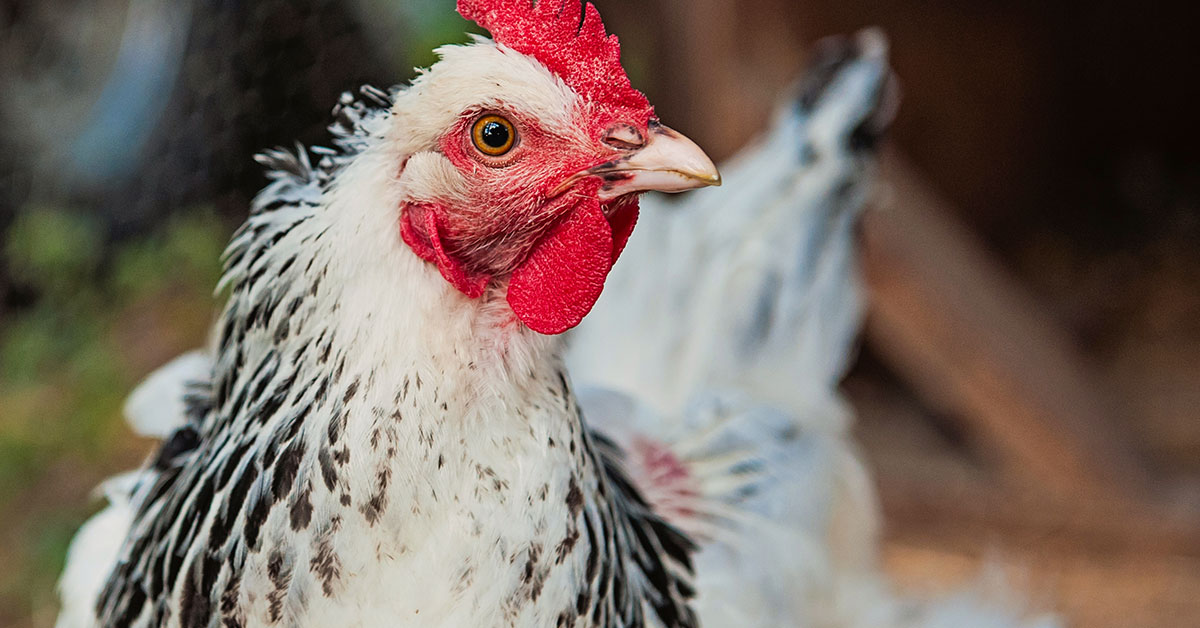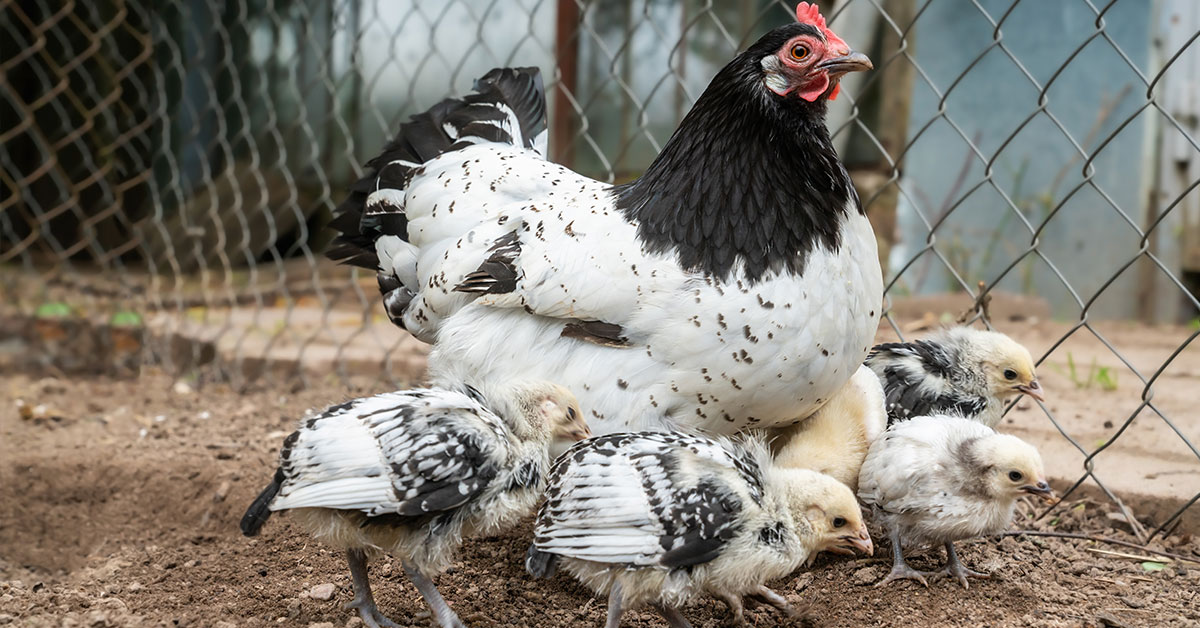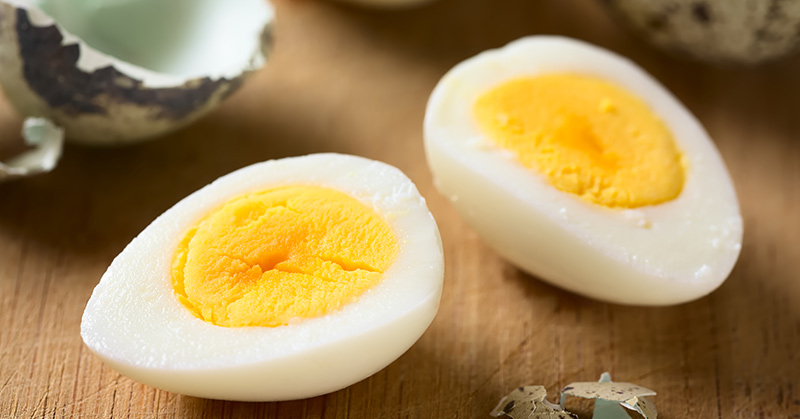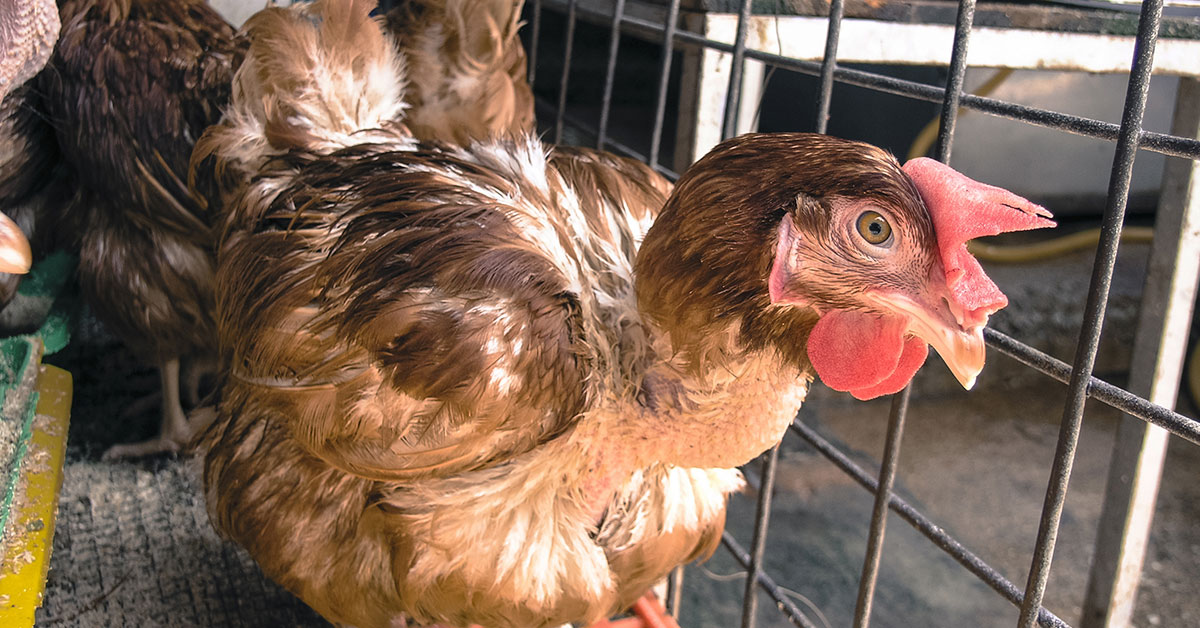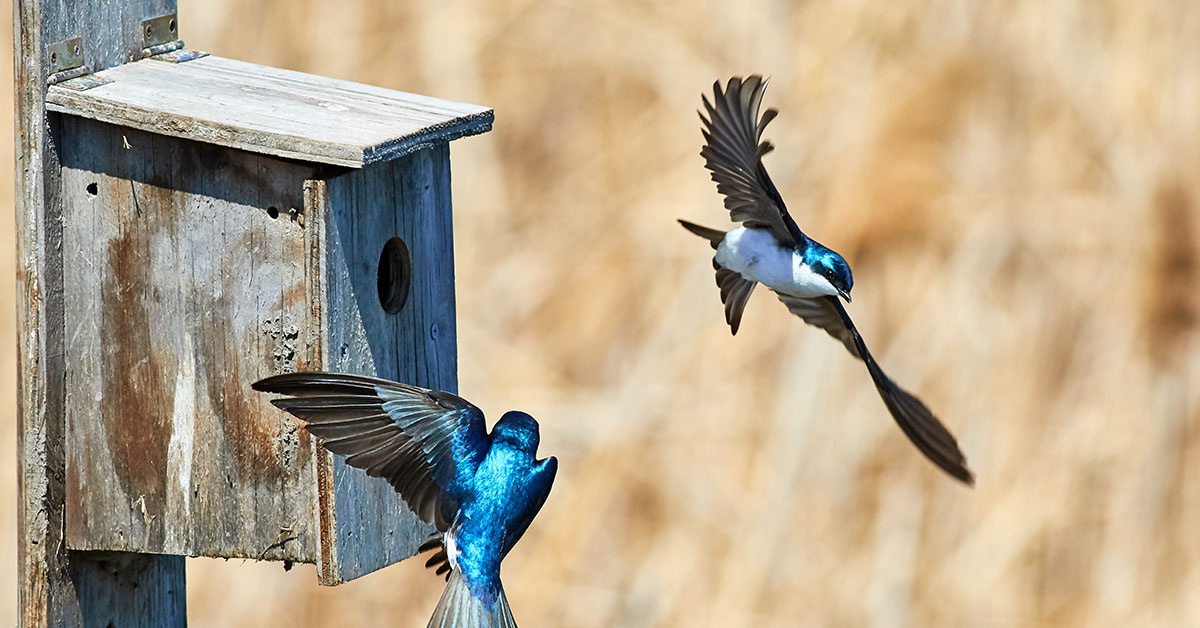Ducks are a lot of fun to keep as pets and they produce large, delicious eggs that have some advantages over chicken eggs. Keeping chickens has become a popular way for people in both urban and rural settings to produce food on the land they have. Ducks have different needs than chickens though. Let’s talk about how to raise ducks in your own backyard.
How to raise ducklings
Raising ducklings is a pretty simple process provided you do your research. Ducklings are messy little creatures. They will very much enjoy playing in any water dish you might provide them. This means their brooder will need to be cleaned often. Ducklings need a constant source of fresh water, food, and a heat lamp for additional warmth. Your ducklings will need to be fed a special duckling raiser food for the first three weeks of life, then a duckling grower feed until week 30.
Your ducklings will love playing in water. I usually let my ducklings enjoy their first bath three days after hatching. When very young, the water should be shallow enough for them to stand. At 4 weeks old, your ducklings can begin enjoying deeper water.
Special care needs to be taken to ensure your ducklings are getting adequate niacin. Brewer’s yeast is a good niacin supplement for ducks. Without adequate dietary niacin, ducklings may experience inadequate bone growth, leading to an inability to walk, extreme pain, and eventual death.
Read More: How To Incubate And Hatch Duck Eggs
How to raise ducks
Once your ducklings get closer to adulthood, it’s time to start getting them ready for the great outdoors. Ducks have needs that are similar to chickens, like access to shelter, fresh water, and food. Your ducks will need secure housing to keep them safe from predators at night. Unlike chickens, ducks don’t need a perch. They need access to clean water that they can dunk their entire bills into in order to properly clean out their sinuses. Your ducks will joyfully forage your yard for any insects, snails, or slugs, making them good pest control.
Most domestic breeds of ducks don’t fly well or at all. As a result, a fenced in duck run doesn’t need to be especially tall. Four feet is adequate. You may want to make your fence taller or covered in order to keep predators away from your ducks.
What do ducks eat?
What ducks eat depends on where they are in their life cycle. For the first three weeks of life, your ducks should be fed a duck starter crumble with a protein level of around 20%. Don’t feed a non-specific feed to your ducks. Ducks need nutrients, like niacin, which is not always available in large enough quantities in regular chicken food.
From 3 to 20 weeks of age, they can be put on a duck grower feed, with a protein level of around 15%. Beyond 20 weeks, they can be put on a duck layer pellet.
Ducks are good foragers. They will gladly gobble up insects, slugs, snails, and other pests that might attack your garden.
How long do ducks live?
If you’re considering raising ducks for eggs or as pets, it’s important to be prepared for long-term care. A domesticated duck, like the Pekin duck, can easily live 9 to 12 years. Under the right circumstances, ducks can live even longer. So before you pick up some ducklings from a local hatchery, ask yourself if you’re prepared to offer care for these animals for a decade or longer.
How often do ducks lay eggs?
How often your ducks will lay eggs depends a bit on the breed of duck you decide to raise. A mallard will lay around 60 eggs a year. Other breeds, like the Khaki Campbell duck, will lay around 340 eggs each year. So depending on the breed of duck you raise, you could be looking at getting eggs nearly every day, or every few days.
When do ducks start laying eggs?
Ducks usually begin laying between 17 and 30 weeks of age, depending on the breed of duck you’re raising. If you have a large breed, they will usually start laying at 20 to 30 weeks of age. Smaller breeds of duck will typically mature a bit quicker and start laying eggs at 17 to 24 weeks of age.
